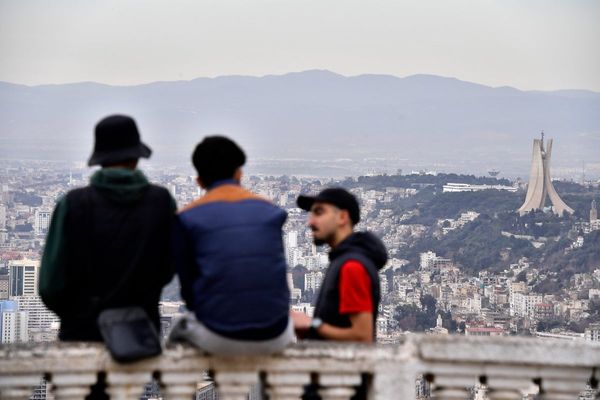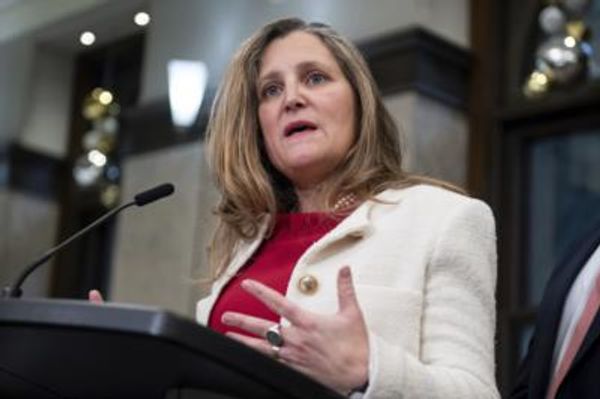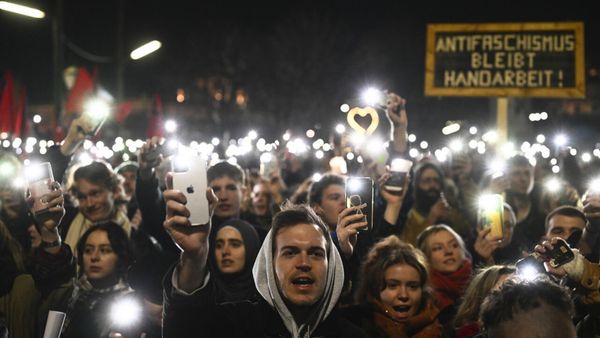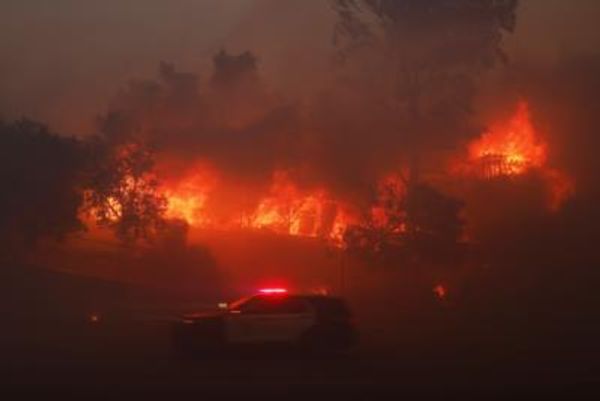Elon Musk continues to move the lines defining the role of a CEO.
The richest man in the world (fortune estimated at $254 billion on Sept. 22 by the Bloomberg Billionaires Index) has torn up the traditions that say CEOs should keep quiet and not meddle in geopolitical affairs to protect profits.
In a world in search of leaders, Musk sees himself as filling the void and becoming one of the champions the masses turn to when chaos reigns.
He has also become a kind of guide for world political leaders, alerting them to the issues he considers priorities for the planet.
To establish his influence, Tesla's (TSLA) CEO has mastered the social networks, where he opines and interacts on a daily basis with users, whoever and wherever they may be.
He has more than 106.7 million followers on Twitter, a platform that has a big hand in setting the daily news agendas. On the microblogging website, messaging goes the other way as well: The billionaire's fans alert him to urgent problems of the moment and he responds.
Protests
He is displaying this method right now, when many Iranian citizens and average social-media users and are calling on him for help as the government of Iran tries to crush the protests it is facing.
The protests focus on the death of Mahsa Amini, a 22-year old Iranian woman who was arrested for wearing what the the country's morality police judged to be an ill-fitting veil. These authorities enforce laws requiring women to wear head scarves. Amini died in police custody.
"The Islamic regime is killing the people of #Iran PLEASE HELP US AND BE OUR VOICE !" a Twitter user asked him on Sept. 21. "They cut off the internet and now they are slaughtering people."
In fact, Musk has a technological tool that can be considered a weapon against governments that manipulate and repress public opinion, often by blocking sources of communications to the outside and blocking the internet.
This tool is Starlink, the satellite-internet-connection service of Musk’s SpaceX. This service guarantees secure and independent access to the internet. It is difficult to hack. Service cuts are rare.
It provides access to the internet for residents of areas that are poorly served by the fixed and mobile networks of telecom operators. Thousands of small satellites circulating in low orbit -- mainly 342 miles (550km) above Earth -- enable the service.
Musk and his company have supplied Starlink terminals to volcano-hit Tonga, in the southern Pacific Ocean, to provide internet access to isolated and remote villages.
Starlink antennas gained popularity after Musk sent them to Ukraine after Russia invaded the country on Feb. 24. They give Ukrainians independent access to the internet and enable the country to keep in touch with the outside world. The system is used particularly in remote areas as well as places that Russia has bombed.
Musk Answers the Call
No surprise, then, that the Iranians hope they can benefit from this service when the Iranian authorities seem to have blocked the phone networks and Internet.
"I'm sure you won't answer it Mr Musk, but is it technically possible to provide Starlink to Iranian people? It could be a game changer for the future," a Twitter user begged Musk on Sept.19.
"Starlink will ask for an exemption to Iranian sanctions in this regard," the tech tycoon responded.
Less than four days after that promise, Musk and SpaceX appear to have filed the exemption request to serve Iran. And they got the permission.
"We took action today to advance Internet freedom and the free flow of information for the Iranian people, issuing a General License to provide them greater access to digital communications to counter the Iranian government’s censorship," U.S. Secretary of State Antony Blinken announced on Twitter on Sept. 23.
Musk announced that SpaceX was immediately activating service in Iran.
"Activating Starlink...", the billionaire said without providing additional details. For example, he does not say if SpaceX will send antennas on site as it did in Ukraine.
While social-media users awaited the Iranian government's reaction to the move -- which undoubtedly will disrupt its efforts against the protests -- they welcomed the billionaire's decision.
"Great news #MahsaAmini," commented one Twitter user.
"That’s awesome! Your companies are truly philanthropic. All of them truly care for the betterment of humanity. Thank you, Elon, for always caring about the humanity ❤️," said a Musk fan.
"For any Iranians reading this: remember that dishes don't have to be visible to the naked eye; they can be covered by cloth, cardboard, plastic, fibreglass... anything with minimal RF attenuation (nothing metallic / conductive or overly thick)," commented another user.







